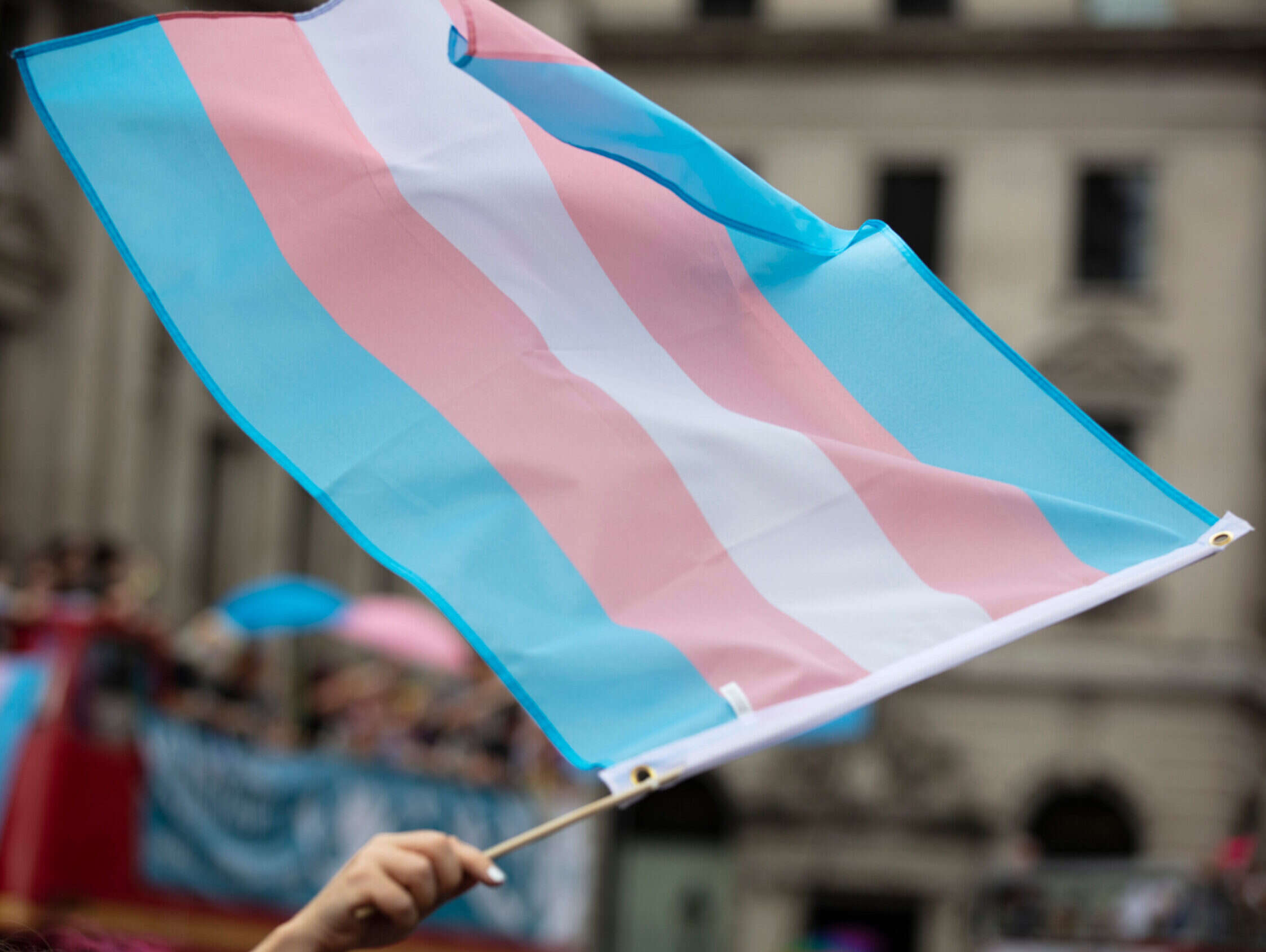
IPSO‘s head of standards and regulation Jane Debois explains why the press regulator is consulting on its new guidance on reporting sex and gender identity.
Over recent years, there has been a developing and complex debate on sex and gender identity. This has had significant implications for journalists; this debate is felt very deeply, with great seriousness and sincerity, by many people, no matter what their views are.
In fact, the strength of feeling is a unifying factor in this debate which is otherwise hugely polarised.
Developing this new guidance, it was important that we understood the plurality of opinions held and so we took the time to discuss with a variety of people and organisations, their concerns and the challenges faced by journalists on the reporting of sex and gender identity.
We also spoke to journalists about the difficulties they were facing when trying to comply with the Code in this reporting area. Some of the areas that were raised with us through this process were:
- Reporting of gender diversity in the context of legal proceedings;
- The use of terminology around gender identity;
- Reporting of the complex range of guidelines and legislation around this issue.
What we heard brought home the fact that it is not the role of the Editors’ Code, or IPSO, to reconcile the spectrum of opinion in the reporting of sex and gender identity. What we can do is help journalists and editors with questions to ask themselves in relation to specific clauses of the Code, using case studies to illustrate examples of how this has played out in real situations.
[Read more: University removes ‘transphobic’ court reporting guidelines from website]
However, we know that despite our best efforts, we weren’t able to hear from all possible perspectives on the issue as we were developing the guidance. This is why we are making this draft guidance public and asking for people’s views. Our aim is to ensure that everyone with an interest has an opportunity to contribute.
In doing so we have emphasised that our role is to support editors and journalists to make good decisions on the reporting of sex and gender identity. The guidance is not mandatory, nor prescriptive. It is focused closely on the Editors’ Code of Practice – the framework by which IPSO regulates the press – to strike a balance between the right to freedom of expression and the rights of individuals not to face discrimination and intrusion.
Even so, freedom of expression must embrace the right to hold views that others might find distasteful and sometimes offensive.
We want to ask questions of editors, rather than provide answers.
This guidance is informed by conversations with editors and journalists from a wide range of different publications.
We think it helps editors, by highlighting challenging areas that we’ve seen editors face and that have been flagged to us, or where editors have needed advice. It is not meant to be directive or to oversimplify a complex issue by suggesting that there is one easy answer.
Email pged@pressgazette.co.uk to point out mistakes, provide story tips or send in a letter for publication on our "Letters Page" blog
